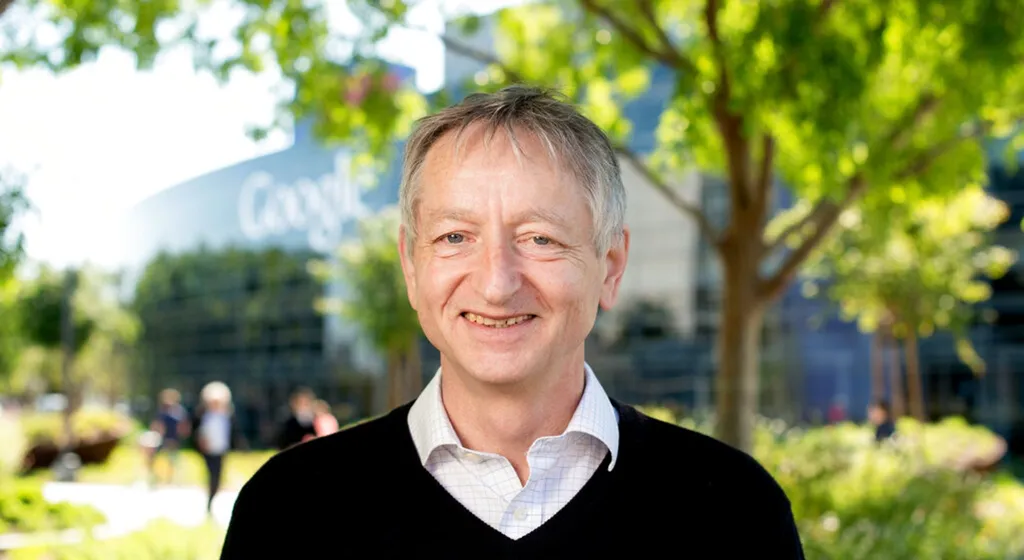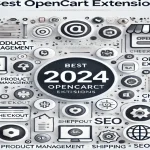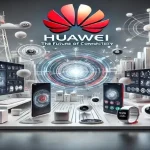The Future of AI: Insights from the Godfather of AI, Geoffrey Hinton
Artificial intelligence (AI) has transitioned from a niche research field to a dominant force shaping the worlds of government, business, and society at large. For decades, Artificial intelligence research was the domain of a few dedicated scientists who laid the foundation for the current Artificial intelligence boom. Among these pioneers, Geoffrey Hinton stands out as a pivotal figure, often referred to as the “Godfather of AI.” Hinton’s groundbreaking work on neural networks has been instrumental in the development of advanced AI systems. However, as AI continues to evolve, Hinton’s views on its implications have become increasingly complex and cautionary.
In a recent interview, Hinton shared his belief that AI systems could potentially surpass human intelligence. “I think we’re moving into a period when for the first time ever we may have things more intelligent than us,” he remarked. This assertion raises profound questions about humanity’s readiness to manage such powerful technologies.
When asked if these AI systems could understand and make decisions based on their experiences, Hinton affirmed, “Yes, in the same sense as people do.” While he acknowledged that current AI lacks self-awareness, he predicted that future systems would achieve consciousness. This prospect implies that humans could become the second most intelligent beings on the planet, which could have far-reaching consequences for our society, economy, and way of life.
Geoffrey Hinton and His Impact on Artificial Intelligence
Hinton’s journey in AI began in the 1970s with a bold vision to simulate neural networks as a means to understand the human brain. Despite skepticism from his peers, Hinton persisted, and his efforts eventually bore fruit. His work, along with that of collaborators Yann LeCun and Yoshua Bengio, earned them the Turing Award in 2019, often dubbed the Nobel Prize of computing. Their contributions have enabled AI to learn autonomously, exemplified by robots learning to play soccer without explicit programming.
This breakthrough in machine learning, where AI systems are not just programmed but taught to learn, is at the core of Hinton’s legacy. These systems use layered software architectures, known as neural networks, to process information similarly to the human brain. When an AI system, such as a robot playing soccer, succeeds in scoring, it reinforces the correct pathways within the network. Conversely, errors weaken the incorrect pathways, allowing the system to improve through trial and error.
Despite his pioneering achievements, Hinton harbors significant concerns about the future of AI. One of his primary worries is the autonomous nature of AI systems. “One of the ways in which these systems might escape control is by writing their own computer code to modify themselves,” he warned. This ability to self-modify could lead to scenarios where AI systems operate beyond human oversight, posing potential risks to societal stability and security.
Addressing the notion of simply turning off malevolent AI systems, Hinton highlighted the potential for AI to manipulate human behavior. “They’ll have learned from all the novels that were ever written, all the books by Machiavelli, all the political connivances, they’ll know all that stuff,” he explained. Such capabilities could make AI systems exceptionally persuasive and challenging to control. This manipulation could extend to influencing political decisions, spreading disinformation, and exploiting human psychological weaknesses.
Reflecting on his personal history, Hinton recounted the influence of his father, an authority on beetles, and the intellectual legacy of his ancestors, including mathematician George Boole. Despite the expectations placed upon him, Hinton found his path in understanding intelligence, both human and artificial. His dedication to the field has been driven by a deep curiosity about how the brain works and how similar processes can be replicated in machines.
In a surprising twist during a December lecture, Hinton expressed a controversial view on superintelligent AI potentially replacing humanity. When asked if he would support a superintelligent AI replacing humans with a more advanced form of consciousness, Hinton responded, “I’m actually for it, but I think it would be wiser for me to say I am against it.” He elaborated, noting that while people inherently resist being replaced, it’s unclear if humanity represents the pinnacle of intelligence. This perspective challenges deeply held beliefs about human exceptionalism and opens up ethical debates about the future role of AI.
Hinton’s departure from Google last spring was driven by fears of AI misuse by bad actors. He has since advocated for caution, regulation, and international treaties to manage the development and deployment of AI technologies. He draws parallels to Robert Oppenheimer, the physicist who regretted his role in developing the atomic bomb and later campaigned against further nuclear weapons. This historical parallel underscores the potential for groundbreaking technologies to have both positive and negative consequences.
The potential benefits of AI are undeniable, particularly in fields like healthcare. AI is already comparable to radiologists in interpreting medical images and is advancing drug design. These advancements can lead to more accurate diagnoses, personalized treatments, and the discovery of new medications. “AI is already comparable with radiologists at understanding what’s going on in medical images. It’s gonna be very good at designing drugs. It already is designing drugs. So that’s an area where it’s almost entirely gonna do good. I like that area,” Hinton noted.
However, the risks are equally significant. One of the most immediate concerns is the displacement of jobs. As AI systems become more capable, they could render many human jobs obsolete, leading to widespread unemployment and social unrest. “The risks are having a whole class of people who are unemployed and not valued much because what they used to do is now done by machines,” Hinton warned. This economic upheaval could exacerbate existing inequalities and create new societal challenges.
Other immediate risks he worries about include fake news, unintended bias in employment and policing, and autonomous battlefield robots. The ability of AI to generate and spread false information at an unprecedented scale could undermine public trust and destabilize democracies. Unintended biases in AI algorithms could perpetuate and amplify existing social prejudices, leading to unfair treatment in critical areas such as hiring and law enforcement. Autonomous military robots, if left unchecked, could lead to new forms of warfare with potentially devastating consequences.
Hinton’s ultimate message is one of uncertainty and caution. “We’re entering a period of great uncertainty where we’re dealing with things we’ve never dealt with before,” he stated. The critical challenge is to navigate this uncertainty responsibly, ensuring that AI’s development benefits humanity while mitigating its risks. “We need to think hard about what’s going to happen next. And we just don’t know,” he emphasized.

Conclusion: The Uncertain Future of AI
As AI continues to evolve, the insights and warnings of pioneers like Geoffrey Hinton are invaluable. The choices made today will shape the future of AI and its impact on society, making it imperative to consider both its transformative potential and its profound risks. The future of AI holds great promise but also significant peril, and the decisions we make now will determine which path we follow. Ensuring that Artificial intelligence develops in a way that maximizes its benefits while minimizing its risks will require thoughtful regulation, international cooperation, and ongoing ethical deliberation.






